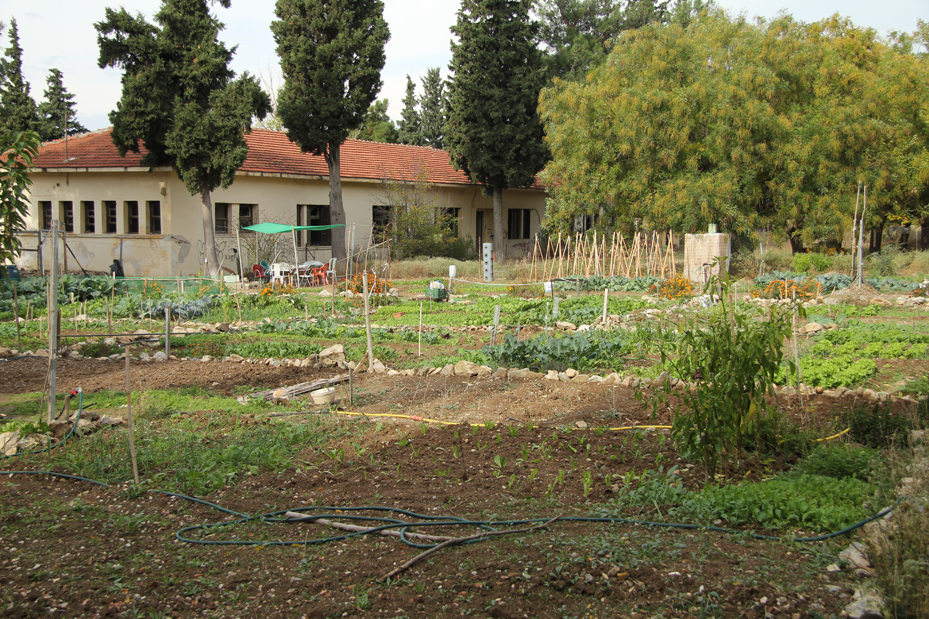As the world’s cultures grow increasingly closer in the modern age, what it means to live through a cultural identity grows considerably less objective. Are you necessarily Egyptian if you were born in Egypt? Are you still Egyptian if you were born in Egypt, but spent the formative parts of your life in America? What if you were born and raised in America — is there no going back to joining the side of your immigrant parents, who were born and lived their entire lives in Egypt? America is the most flavor packed melting pot at times, and the most diverse salad bowl at others; is it even possible to find a cultural identity in America?
Sophia, aside from definatly not being Egyptian, is living through a mix of all these questions. Born in NYC to Australian born mother, Sperry, and Greek born father, Peter, Sophia’s story most clearly starts with her grandparents. Peter’s parents were both born in Poland, and met under beautifully fateful circumstances in an orphanage, where his father lived and mother worked. Soon after coming together, the couple moved to an agricultural part of Thessaloniki, Greece. There, Sophia’s father was born and raised. Although living on a sustainably average farm where “there was always something to eat”, Peter didn’t particularly care for, and even sort of disliked the community he was living in. At some point, he was forced to join the military, and the contempt for his environment only got worse. Eventually, after coming to his sister’s wedding in New York, 19 year old Peter had a revelation and chose to forget his life back in Greece and instead make Pelham Bay, Bronx his new home.

Small farming house in Thessolaniki, similar to where Peter grew up.

Pelham Bay, Bronx in the 1980s
Sperry’s parents, on the other hand, were both born on a remote Greek island called Kefalonia. Growing up in rivaling cities before meeting, the couple met during the Second World War following the Italian invasion of Greece. Sperry’s father was the son of a priest on the island, and her mother was urged by family to run away from Greece with him. “What could possibly go wrong, right?”, Sophia remarks. Fear of the near future in Greece was enough incentive to believe that to escape, was to also have a dramatically better answer to that question. After moving to Australia, settling in, and having Sperry, the family lived and breathed Melbourne for another eight years until finally moving back to Greece. Once there, Sperry could not help but to truly “feel at home”, Sophia says. Fortunately already fluent in Greek before coming, Sperry easily found the people and culture more familiar. The community she came into evoked the reminiscent warmth inside her home in Melbourne, where Sperry’s parents only spoke Greek and practiced traditions that were now unfolding around every corner of her new home. However, Greece’s economy was noticeably heading downhill; debt and unemployment rates tripled in size, and GDP growth barely touched positive from 1980 to 1989 (GreekDefaultWatch). At some point in the late 1980s, Sperry’s wealthy uncle came from America with a retrospected solution to making things better. He told Sperry, “Greece is a shit-show, don’t stay there… come to the land of opportunity”. With his help, and those encouraging words, Sperry immigrated to Sunset Park in Brooklyn. Dangerous and unpredictable unfortunately, the neighborhood often made Sperry feel unsafe. One night, as she was walking from the train station, someone snuck up behind and tore a gold chain straight off her neck. She hadn’t experienced something like this before, and the fear prompted Sperry to move to Bay Ridge, where she then decided to enroll in St. John’s University.

Kefalonia, Greece

National Geographic’s picture, taken in Bay Ridge, early 1990s
There at St.John’s, Sperry met Peter. They hit it off; in what seemed like in the blink of an eye, they married and started living comfortably together in Bay Ridge. They had Sophia in their early 30s, and her sister two years later. Sophia vividly remembers growing up in a home constantly echoing the Greek language and character. Being a “social butterfly”, however, Sophia also had no issues making friends with the diverse groups of kids around her neighborhood.
Going into grade school, Sophia couldn’t recite the whole alphabet, let alone speak English comfortably. With friends this wasn’t an issue though, she assures: “we would talk to each other in our own separate languages, but somehow we just understood each other”. Eventually, the family decided to place Sophia in a Greek school, where she received her junior high, and high school education. During this time, Sperry’s rich uncle bought a house back in Greece. This house marked the start to the formative experiences Sophia would acquire when she visited Greece every following Summer, Christmas, and Easter.
The first time Sophia came to Greece, and met her culture personally, was an eye-opening experience. She instantly made friends in the neighborhood, and found immense fun doing all of the things they were doing. For instance, “you would never expect it from me”, she says, but “I absolutely love sailing”. The nightlife is more age accessible, and something that Sophia also grew to like being apart of. Amongst other things that became part of Sophia, was a love for the beach. If one were to travel to Greece to find her, they would probably first have to look through the beaches. She also feels safe in her community, gladly saying that she feels she “can leave [her] door open nights and never have a problem”. Easy to say she found the character of the community, the people, and their interests so familiar to her; it was as if the culture embraced her with open arms. Everytime she goes back, the block greets her with warmth and joy — excited for her arrival. Friends eventually grew to become more than just friends too — they were becoming family. Sophia respectfully believes that “friends are just as important as family”. Because of this, she continues to stay in close contact with all of her friends in Greece when going back to NY.
“Greek-American”, as she puts it, is the best way to categorize her cultural identity. Ostensibly, Greece is just like a vacation haven to her, as to where NY is her workplace. However, Greece is easily also more than just a vacation filled with close friends; Greece, Sophia says, is “my sense of community… when we are together and share stories of our homeland, it makes me really happy”. For her, it’s also about “having something other than where I am right now”. These two parts to her identity are inseparable, but that does not mean they cannot be interconnected. She has made it her duty to start up the Greek club in high school, and has made initiatives to do so in Baruch. She attends and helps in the organization of the yearly Greek Parade, and tries her best to only speak Greek with her sister. Her sister, however, does not speak nearly as well, and usually tries to remind Sophia that, “We’re in America, speak English!”. Although Sophia feels like her sister could be a “brat” sometimes, she also acknowledges that her sister is much happier in NYC, and rarely feels the need to go to Greece. Peter is a programmer for the Trade Union and is a huge fan of baseball and the Mets. He has embraced the American culture, and has found this life more suitable to his taste. Sperry, on the other hand, teaches Greek, and still only speaks Greek at home. After her mother passed, Sperry has been trying to get her daughters to go the Greek Orthodox Church with her. She holds onto her Greek identity firmly, because that was the community where she felt most connected and safe. Sophia sums up why she holds on to the Greek part of her identity in one sentence: “It’s the littlest things that the people do, those things make the biggest difference.”
Source:


Comments